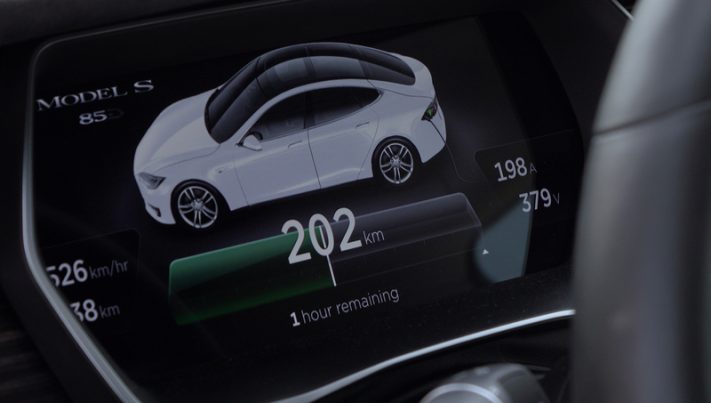Reluctance to adopt electric vehicles is gaining momentum as both traditional car companies, investors and consumers decry high prices and an insufficient number of charging stations, an industry analysis shows.
“After Tesla shares fell more than 20% in the past month due to concerns about profitability, traditional car companies are reducing some investments in the production of electric cars, waiting for demand to pick up again,” claims eToro analyst Bogdan Maioreanu .
According to the cited source, in Romania, sales of electric vehicles increased by 32.1% in 2023, and those of hybrid cars by almost 30%. However, there is a category in which EVs and hybrids represented almost 80% of all registrations in 2023 – that of buses. Of the 600 registered, 474 belonged to the above categories.
Overall, the EU car market ended 2023 with a solid expansion of 13.9% compared to 2022, reaching a volume of 10.5 million units for the whole year. All EU markets have grown over the past year, except for Hungary (-3.4%).
Double-digit increases were recorded in most markets, including three of the largest: Italy (+18.9%), Spain (+16.7%) and France (+16.1%). Romania had a robust growth of 11.8%, according to data from the Association of European Automobile Manufacturers.
“However, December of last year came with a negative surprise in the electric vehicle market. Sales of new battery electric cars fell for the first time since April 2020, falling by 16.9% to 160,700 units. Despite this fact , the global volume for the entire year 2023 exceeded 1.5 million units, reflecting a substantial increase of 37% compared to 2022,” says the author of the analysis, according to Agerpres.
According to the research, gasoline cars hold 35.3% of the market, and the market share of battery electric cars will reach 14.6% in 2023, surpassing Diesel cars (13.6%).
